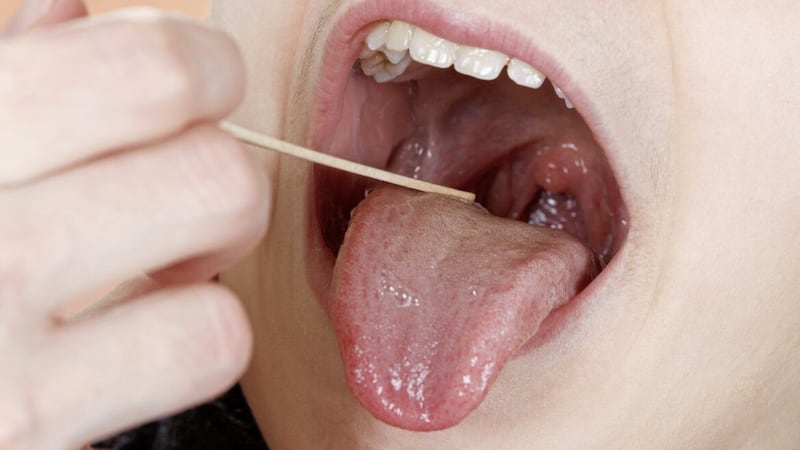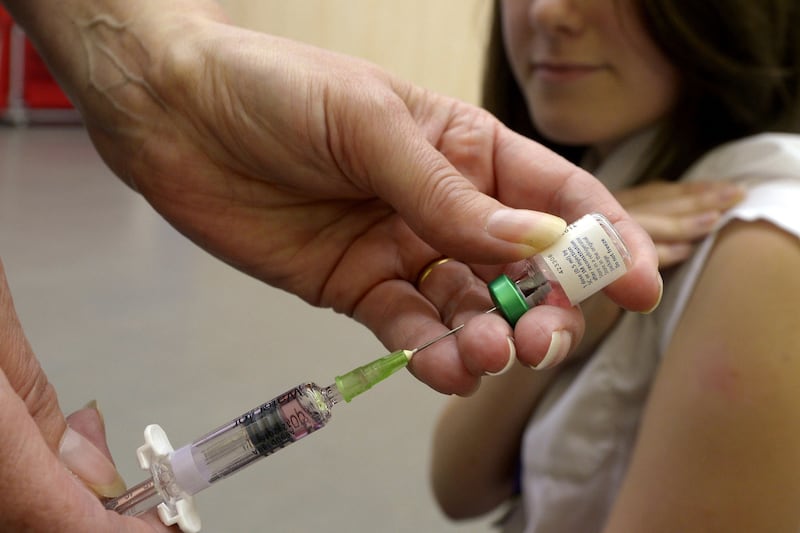CUDDLES with your child are the best thing ever, but their aura of cuteness is dulled when you catch any nasty breath whiffs. Even kids can suffer from halitosis, so here's why they get it and how you can banish those unpleasant odours.
Obviously, if your child is king at playing the "I won't brush my teeth" game then bacteria and stagnant food are going to build up in their mouth, leading to pungent expirations. If you have tried all the child tooth cleaning gadgets to no avail, try a trip to the dentist. Often a person who isn't a family member has more sway over a child's mindset – I employ this tactic myself during my kids' check-ups. I leave the surgery on "an errand" to allow my nurse free range to employ thumbscrews on them to encourage better toothbrushing.
It may not be down to just the cleaning. Fundamentally, just make sure they are hydrated as a dry mouth can be stinky. If a sinus infection sets in, then fluid can collect in the nasal passages creating the perfect environment for bacteria to grow and release their stinky products. Your doctor can check for sinus infections or a potential post nasal drip.
Body orifices, a continual source of fascination for children, can be the source of jazzy aromas, ie when inanimate objects are shoved up a nostril and left for a while to fester.
Similarly, large pitted tonsils can trap food in them which can give off funky fumes. Your trusty torch is the first port of call to see if the tonsils look gunky or if a nostril is blocked.
Child-friendly mouthwashes are fab for freshening throats and tonsils. We have the English surgeon Joseph Lister to thank for mouthwashes. In 1865 he discovered that antiseptics could kill bacteria during surgery. This paved the way for Dr Joseph Lawrence to create a formula called Listerine.
It took a while for Listerine to be used as a mouthwash: initially, its main purpose was to clean untamed feet and manky floors. Nowadays, there are mouthwashes that are less spicy tasting, like ACT for Kids and Listerine Smart Rinse.
If mouth rinsing is too cumbersome, try the sprays, like Ultradex (6+ years), which are super convenient and will restore fresh breath balance.








